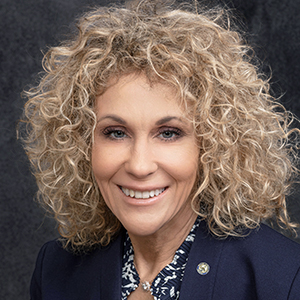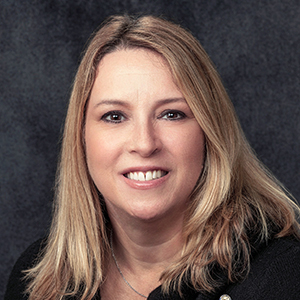 TRENTON, N.J. – Schools must be fully funded and return to a rigorous focus on academics to combat learning loss, Assemblywomen Marilyn Piperno and Kim Eulner said.
TRENTON, N.J. – Schools must be fully funded and return to a rigorous focus on academics to combat learning loss, Assemblywomen Marilyn Piperno and Kim Eulner said.
With the state’s Start Strong assessment showing significant learning loss as a result of Gov. Phil Murphy’s pandemic lockdown policies, their call comes as schools in their district not only face historic funding cuts, but a shift away from hard academics in favor of social justice subjects.
“We asked the near-impossible of our students and educators, to continue teaching and learning on task remotely while keeping them isolated and terrified because of the governor’s Covid policies,” Piperno (R-Monmouth) said. “The data prove significant learning loss occurred. But, instead of meeting the financial needs of these districts to combat that loss, the administration is telling them to do more with less. It’s completely unreasonable and a disservice to everyone.”
Schools in LD11 have collectively lost $28 million since the implementation of S2—the law that dictates the school funding formula—in 2020. Those schools are losing a further $11 million in state school aid this year.
Five high poverty/high need districts—Asbury Park, Neptune Township, Neptune City, Allenhurst and Ocean Township—are entitled to receive $18 million in funding increases under the federal American Rescue Plan, but will instead face $15 million in cuts while Gov. Murphy sits on $3.1 billion of the federal aid.
Such cuts often lead to staff and program cuts, increased class sizes and local tax hikes, the assemblywomen said, further exacerbating learning loss.
At the same time, the results of the voluntary assessment called Start Strong were shared at the State Board of Education meeting in January. They showed that the majority of students grades 4 through 11, many of them Black and Latino students, need math remediation and some English language arts remediation. With many students academically struggling, the state was moving forward with its sexually explicit health learning standards for grades k-12, adopted during the height of the pandemic when government meetings were held remotely. Republican lawmakers recently shed light on some of the suggested lesson plans.
 The Department of Education, at the order of Gov. Murphy, has reevaluated and defended those standards as is, while the head of the Senate Education Committee is now shopping around a bill that would allow parents to view all curriculum, thanks to Republican pushback.
The Department of Education, at the order of Gov. Murphy, has reevaluated and defended those standards as is, while the head of the Senate Education Committee is now shopping around a bill that would allow parents to view all curriculum, thanks to Republican pushback.
“The health standards are questionable at any time, but especially as we continue to deal with the fallout of 17 months of remote learning that lead to increased chronic absenteeism and a two-year academic learning loss that we’re not sure we may ever recover from,” Eulner (R-Monmouth) added. “The standards not only usurp what many people feel is the domain of families and their personal beliefs, but take away time from the main work of the schools, which is to provide equitable access to high quality education and achieve academic excellence. We can’t close schools, cut funds and expect students to perform at grade level after essentially robbing them of in-person learning time. What is the Murphy administration doing about this?”
